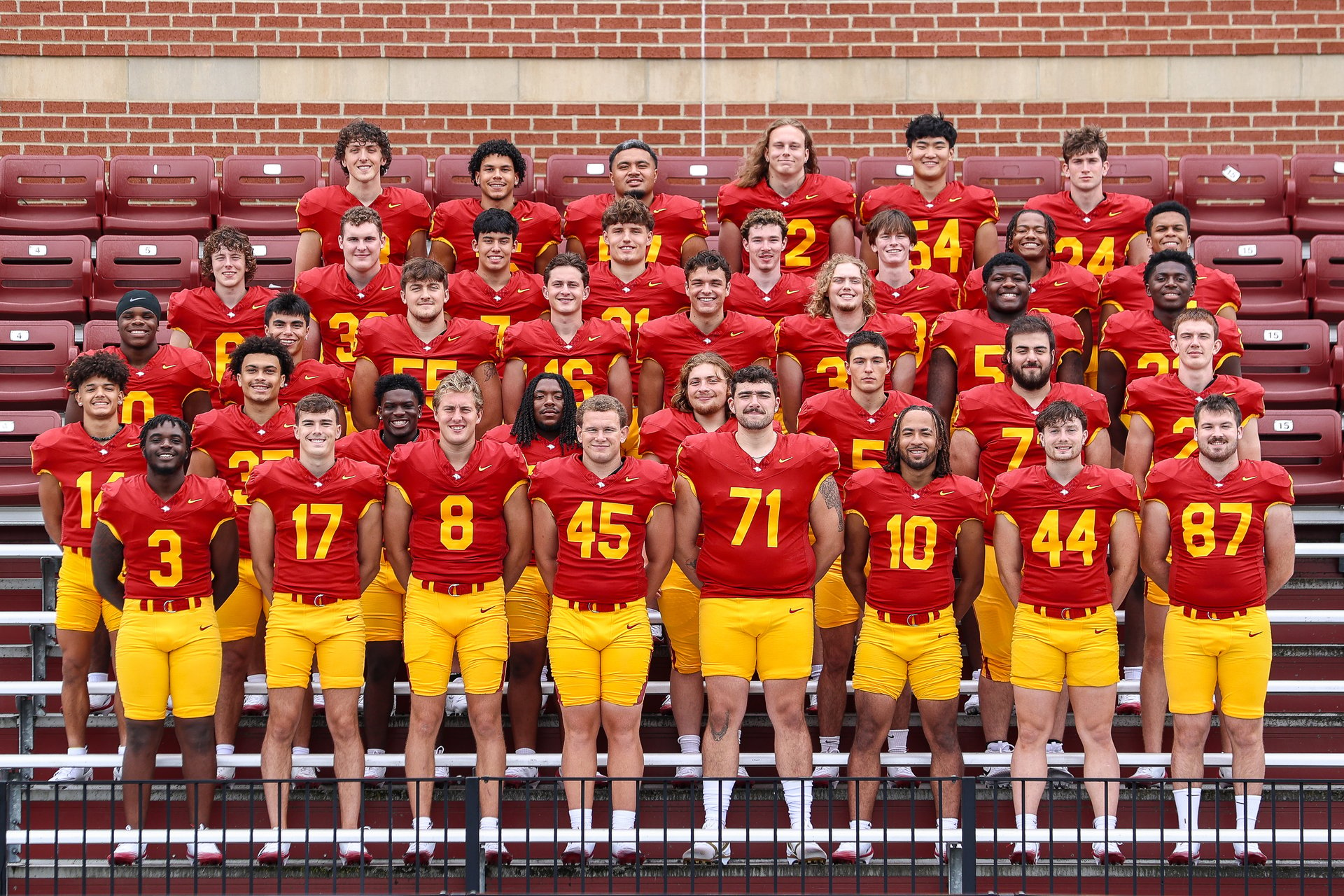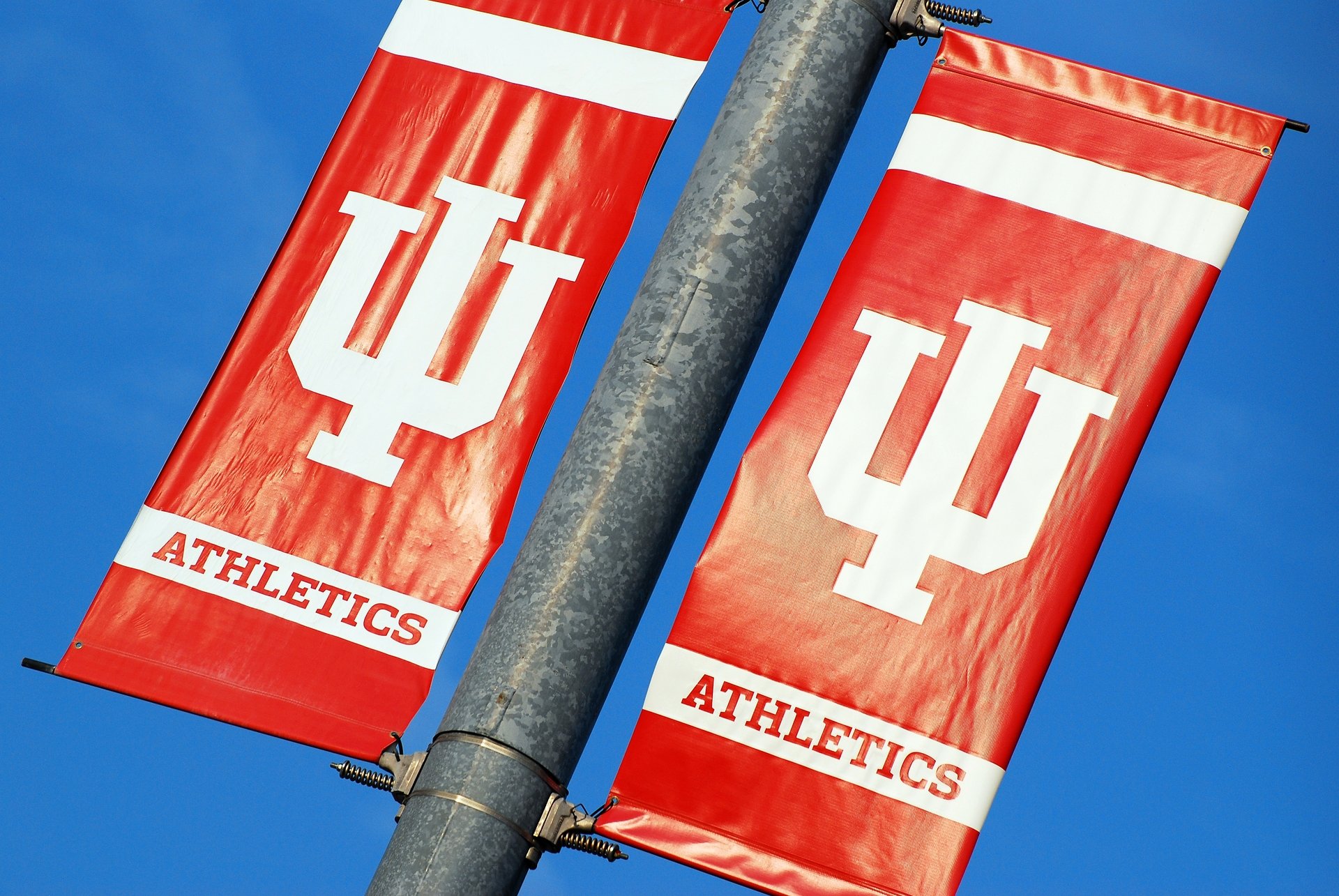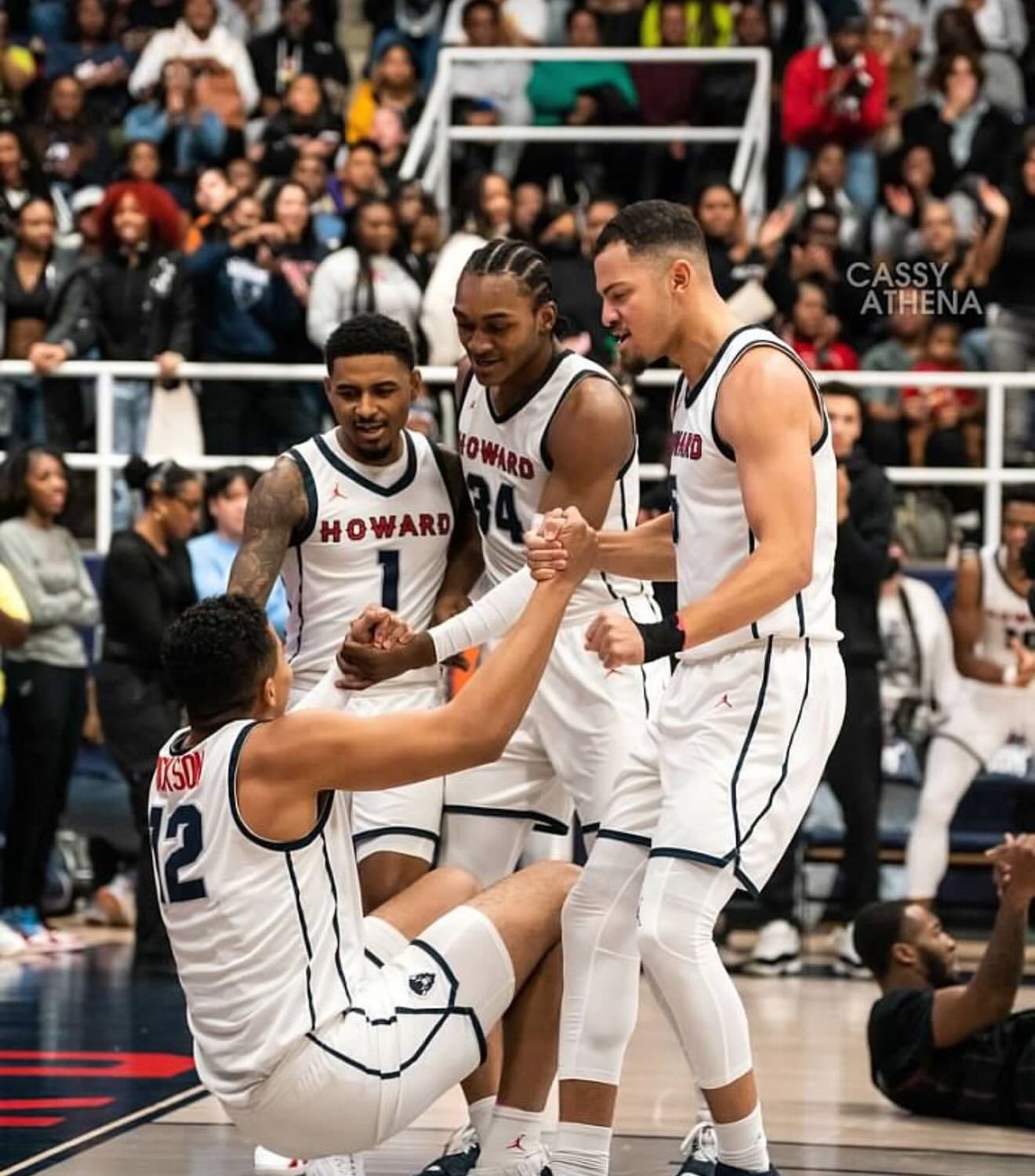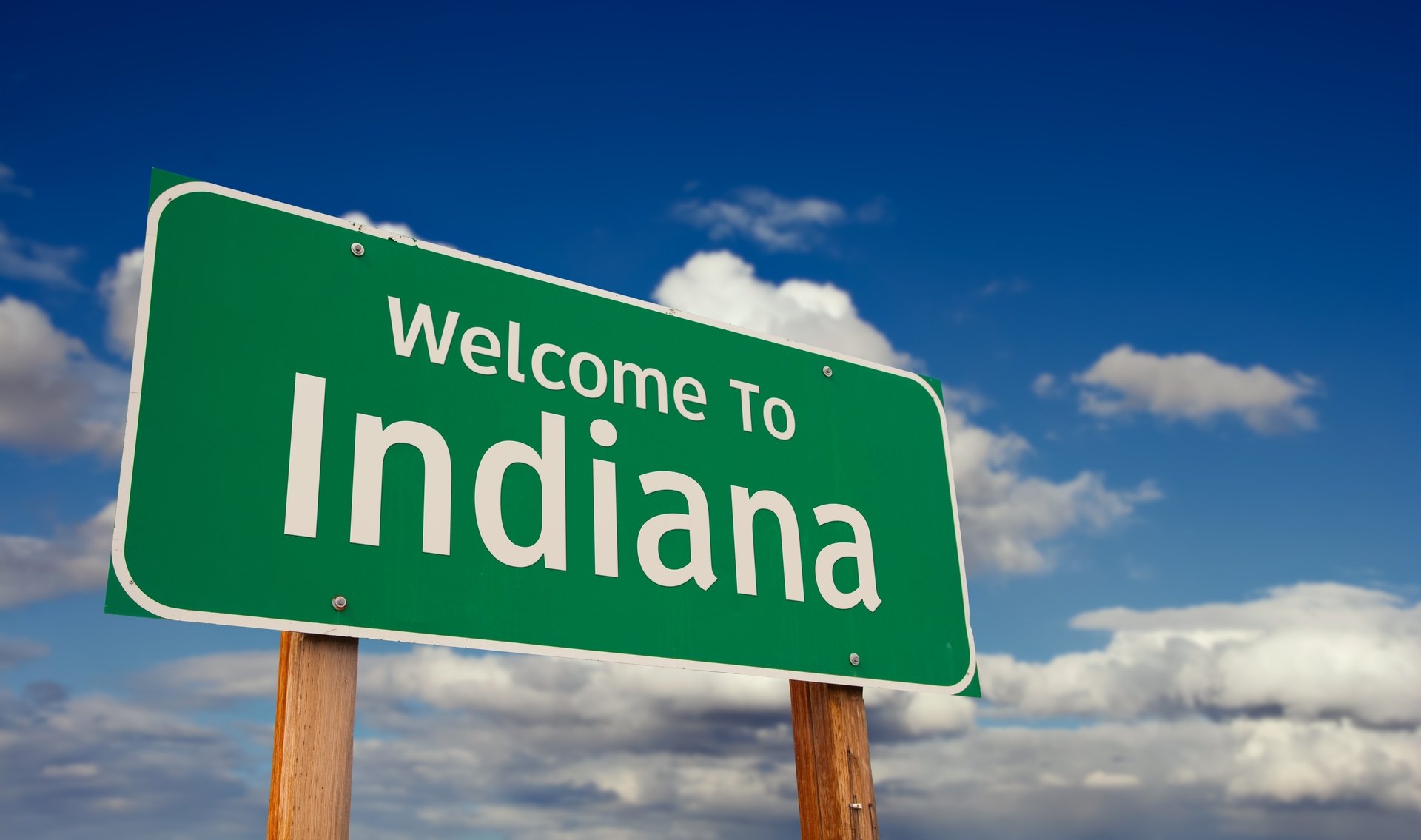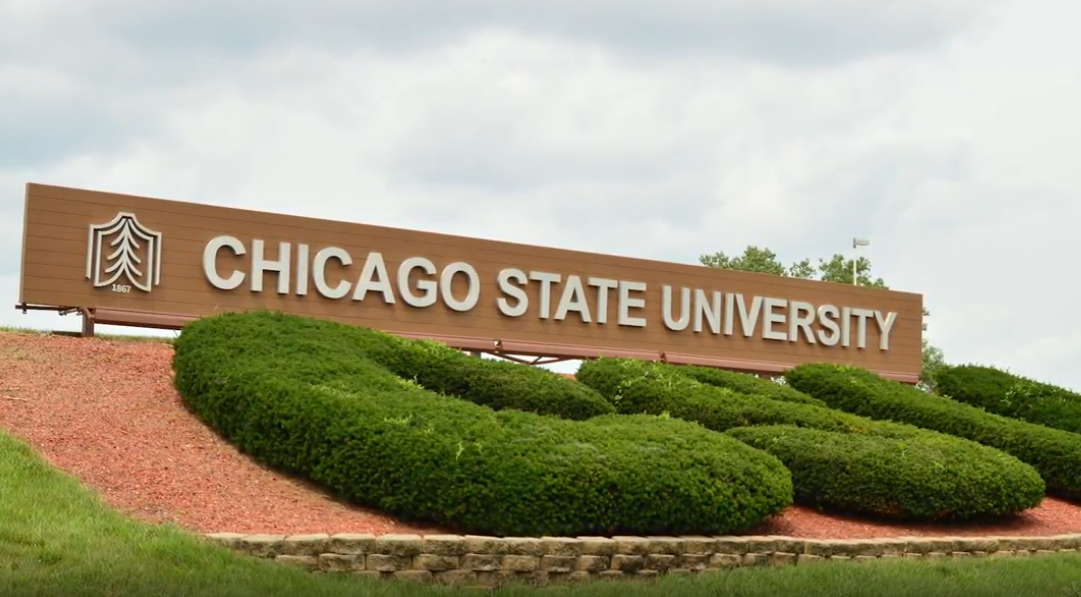Good morning, and thanks for spending part of your day with Extra Points.
I’m able to produce Extra Points thanks to the financial support of my subscribers. That money pays for my time, FOIA fees, newspaper archives, freelancers, and a bunch of other expenses needed to keep this operation running. If you enjoy Extra Points, please consider a subscription! You’ll get four newsletters a week for just seven bucks a month, or $70/year. Group discounts are available. You can subscribe here:
It’s funny, when I launched Extra Points a little over a year ago, I was honestly a little worried I wouldn’t have enough to write about, especially during the dog days of the college football offseason. Instead, there’s way more going on than I could hope to cover alone. Recently, we’re seeing a substantial increase in athlete activism, including demands that colleges and their football programs strive to create more racially inclusive cultures. We have nearly every college trying to grapple with the financial and logistical implications of the COVID-19 outbreak. Nobody is sure as to when, or how, college football will start again. And it’s Tuesday.
Plus, there very foundations of the current “amateurism” model are starting to crumble, especially as lawmakers put additional pressure on the NCAA and its member institutions to reform their NIL policies.
The most recent salvo comes out of Florida, as the Sunshine State became the third, after Colorado and California, to officially sign a state law that allows athletes to profit off their NIL. Via Al.com:
Florida will be the first state to legalize college student-athletes earning money off their name, image and likeness, with Gov. Ron DeSantis signing a bill Friday that will become law on July 1, 2021.
DeSantis made the announcement at a press conference at the University of Miami’s indoor practice facility. Florida’s law will take effect before similar statutes in California and Colorado, which are set to begin Jan. 1, 2023.
Florida’s law is different from legislative efforts in California and Colorado on a number of levels. For one, the movement to allow college athletes to profit from their NIL can no longer be categorized as some liberal plot. Florida SB 646 was sponsored by Republican lawmakers, approved by Republican lawmakers, and signed into law by a conservative Republican governor. It also goes into effect much earlier than Colorado or California. If everything goes according to plan, athletes in Florida will be able to profit starting next July.
But the law is also different in a number of important logistical, philosophical and administrative ways too. In order to better understand the nuts and bolts of this legislation, and to get a better idea about where the NIL movement is headed, I reached out to two experts. I talked with Mit Winter, an attorney at Kennyhertz Perry LLC who studies national NIL legislation, and Darren Heitner, who helped write the Florida legislation, and who writes about sports law extensively.
Heitner told me the Florida legislation differs beyond just the timetable. “We want to try to diminish the likelihood that NIL is going to be used to recruit players to specific universities by underhanded methods, such as promising payment prior to enrollment. So you'll notice in the legislation that you have to be actually enrolled out of university in order to take advantage of this opportunity.”
This would seem to align with the core principles the NCAA discussed back in late October. NCAA administrators seem very worried about the idea of a third party trying to influence an athlete’s recruitment with promises of money. Could you imagine if such a thing were to happen? Not me.
Heitner also added that the Florida law applies to all universities in the state, including JUCOs, and will require any contracts involving a party under the age of majority to go through the court system to get authorized.
Winter points out another important distinction though, that could potentially limit what an athlete might make. SB 646 has a clause that reads:
An intercollegiate athlete at a postsecondary educational institution may earn compensation for the use of her or his name, image, or likeness. Such compensation must be commensurate with the market value of the authorized use of the athlete’s name, image, or likeness.
A little later in the bill, it also states that,
such compensation may not be provided in exchange for athletic performance or attendance at a particular institution and may only be provided by a third party unaffiliated with the intercollegiate athlete’s postsecondary educational institution.
So, the TL;DR here is that the law states that you can’t pay an athlete a gazillion dollars to appear in one tiny Facebook ad, and that any compensation has to be provided by a third party that isn’t affiliated with the school.
But who gets to determine what fair market value is? And how do you define “unaffiliated”? What kind of booster does that mean?
Winter adds “even the Colorado and the California rules don’t have that, and even in the NCAA proposal, you’re not completely restricting booster payments.”
Heitner told me that those specific regulations would be defined, per the bill, by the Board of Governors and State Board of Education, who will draw up the specific regulations at a later date. Determining exactly who or what constitutes an affiliated party could go a long way in determining how open the marketplace for NIL actually is.
So what happens next?
Both Heitner and Winter told me that handicapping exactly what happens next is tricky, since the COVID-19 crisis completely blew up the legislative schedule and priorities across the country. Over two dozen states have at least a proposal out, and others, like Nebraska, Illinois and New Jersey, are a little farther along, trying to handicap exactly which state will be next is difficult to do. Plus, as both also pointed out, different states have different legislative calendars, and not everybody may even be in session right now.
It is probably a safe assumption that Florida won’t be the last state to actually pass a NIL law.
But states aren’t the only legislative body considering NIL rules. The NCAA, P5 administrators and individual schools have asked Congress to create a uniform, federal policy, so different states wouldn’t have slightly different NIL rules across the country.
“But you have Congress, which is notoriously slow to move on anything, and in an election year, and in the middle of a global pandemic, and even earlier in the year, when you had Congress so focused on impeachment…that’s going to be a challenge. Then, you have a few individual members of Congress who are vocal about this particular subject, but it’s just a handful of people. There are so many pressing federal issues right now that I wouldn’t bet on federal acts”, says Heitner.
Winter was a little more optimistic, thinking that a law could potentially get passed this year, but it would depend on whether the NCAA got a federal antitrust exemption. A broad one, or at least as broad as the NCAA might like, doesn’t appear likely at the moment.
The devil, like with most things, remains heavily in the details
I think the only thing really for certain at this point is that the status quo with athlete NIL rights is going to change. California’s legislation turned the political tide and forced a deadline on the NCAA, and now Florida’s law dramatically expedites that timetable, and potentially gives additional political coverage for conservatives in other states to support NIL reform.
But how this final marketplace is going to look when the legislative and legal dust settles isn’t entirely clear. The NCAA has been adamant that they do not want different states operating different rules, and while I admit that unquestionably be more complicated and challenging, it isn’t impossible. Different states have all sorts of different labor rules, and businesses manage to operate across state lines all the time.
Could federal lawmakers cobble together a rare, actually bipartisan bill before the Florida law goes into effect, especially with everything else going on in Washington? Would the NCAA be prepared to accept concessions, perhaps substantial ones, in order to get some sort of antitrust exemption that would allow them to enforce more robust “guardrails” without getting sued every three months? Who is a booster, and to what extent will they be allowed to be involved? Will there be a salary cap? How big is this market actually going to be? Will enough member institutions be able to agree on anything long enough to get a framework approved?
The answers to those questions depend so much on what the final regulations are, and even in states with passed bills, that isn’t entirely clear.
Hopefully, over the coming months, that becomes more clear. And if there’s one great victory for Heitner and his Florida lawmaker pals, it’s that Florida will absolutely force the issue.
If the NCAA and the feds can’t figure this out quickly, Florida will absolutely figure it out for them.
Thanks again for supporting Extra Points. Your readership makes this project possible. Article ideas, mailbag questions, angry comments, leaked documents, FOIA requests and more can be sent to [email protected], or to @MattBrownEP on Twitter dot com.

